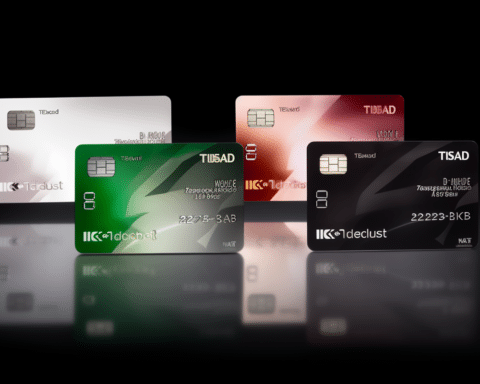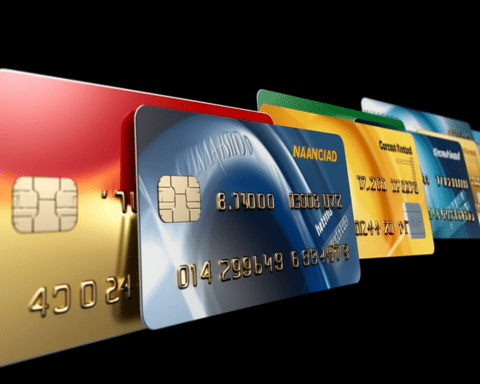As we step into 2024, the digital landscape continues to evolve, bringing both conveniences and challenges, especially regarding financial security. In light of this, we’ve compiled essential tips to help you protect your hard-earned money from various online threats.
Strengthening Login Security
One of the first lines of defense in digital safety is robust login credentials. Using the same password across multiple sites significantly increases the risk of security breaches. To combat this, technology offers solutions like biometric authentication on smartphones and computers, allowing secure access through facial recognition or fingerprints. Additionally, password managers are a valuable tool.
By remembering just one master password, you can manage a host of strong, unique passwords for various sites. Equally important is the activation of two-factor authentication, adding an extra layer of security by requiring a code sent to your phone or email for account access.
The Importance of Secure Websites
In today’s internet-driven world, ensuring you’re browsing and transacting on secure websites is crucial. A simple indicator of a secure website is the presence of a lock icon in the address bar, signifying encryption. This encryption scrambles data to prevent unauthorized access by malicious actors. This becomes particularly important when using public Wi-Fi for sensitive transactions, such as banking or handling personal financial information.
Avoiding Phishing Traps
Phishing scams, a prevalent form of online fraud, involve tricking individuals into revealing personal information through seemingly legitimate emails or text messages. These scams often imitate trusted entities, like banks, to extract login credentials or other sensitive data.
To avoid falling victim to these scams, it’s advised to be skeptical of unsolicited communications requesting personal information and to avoid clicking on links within these messages. Instead, visit the official website of the concerned entity directly for any issues or queries.
Monitoring Credit Health
Keeping a close eye on your credit score and report is more than just a financial health measure; it’s a critical step in identifying and preventing identity theft and fraud. Many banks and credit card issuers provide access to your credit score, with the FICO® Score being the most widely used by lenders.
Regular checks of your credit report, now freely available weekly, are advisable, especially before significant financial decisions like applying for a mortgage. This vigilance can help spot any discrepancies or unauthorized activities early on.
Staying One Step Ahead
In the digital age, where financial transactions increasingly happen online, staying informed and proactive about financial security is imperative. By following these guidelines—managing passwords effectively, ensuring website security, being cautious of phishing scams, and monitoring credit reports—individuals can significantly reduce the risk of financial fraud.
Remember, staying ahead of scammers and protecting your finances is not just a one-time effort but a continuous commitment as we navigate through 2024 and beyond.




